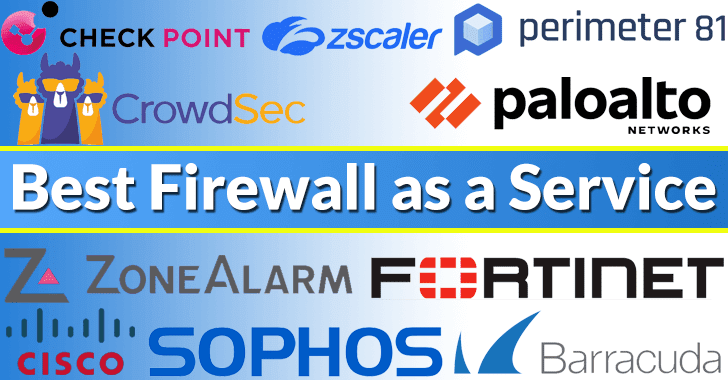Responding to the Unique needs of Managed Security Service Provider.
Managed Security Service Providers (MSSPs) play a crucial role in helping organizations address their security challenges and protect their digital assets. To respond to the unique needs of MSSPs, several key considerations should be taken into account:
- Scalability: MSSPs often cater to a diverse client base, ranging from small businesses to large enterprises. Therefore, solutions should be scalable to accommodate the varying needs of different organizations. This includes the ability to handle an increasing volume of security events, support a growing number of endpoints, and manage multiple customer environments efficiently.
- Multitenancy: MSSPs typically serve multiple clients simultaneously. Multitenancy capabilities allow MSSPs to securely isolate and manage each client’s data, configurations, and policies within a single centralized platform. This ensures efficient management, easy deployment of updates, and reduces operational overhead.
- Centralized Security Operations: MSSPs need a centralized security operations center (SOC) to effectively monitor, detect, and respond to security incidents across their clients’ environments. A comprehensive security management platform should provide real-time visibility into security events, logs, and alerts from various sources, enabling MSSPs to perform proactive threat hunting, incident investigation, and response activities efficiently.
- Advanced Threat Detection and Response: MSSPs require robust and advanced threat detection capabilities to identify and respond to sophisticated cyber threats effectively. This includes leveraging technologies such as AI and machine learning to detect anomalies, behavioral analysis, and threat intelligence integration for enhanced detection and response capabilities.
- Flexibility and Customization: Each organization has its unique security requirements and compliance obligations. MSSPs should have the flexibility to tailor their offerings to meet these specific needs. This may include customizable reporting, policy configurations, integration with third-party security tools, and the ability to provide specialized services based on industry verticals or compliance standards.
- Compliance and Reporting: Many organizations have compliance obligations and regulatory requirements they must meet. MSSPs should have the ability to generate comprehensive reports, including compliance reports, security posture assessments, and incident response documentation. This helps clients demonstrate their adherence to security standards and provides transparency into the effectiveness of security measures.
- 24/7 Availability and Support: Security incidents can occur at any time, requiring round-the-clock monitoring and support from MSSPs. MSSPs must have robust support mechanisms in place, including a dedicated team of security analysts, incident response specialists, and customer support personnel, to address any security-related issues promptly.
By considering these key factors, MSSPs can ensure they are equipped to meet the unique needs of their clients and deliver effective managed security services that protect against evolving cyber threats.






